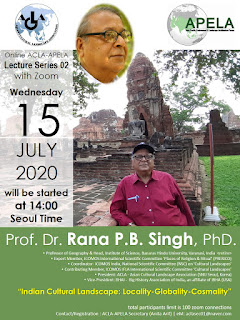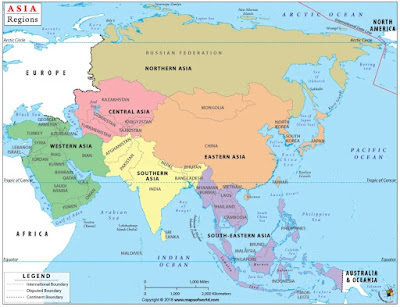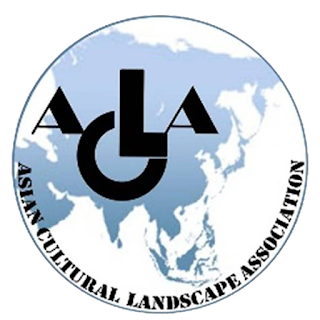(next) Part 2 of 4: 2020 ACLA-APELA Online Lecture Series
In accordance with the background and objectives of the 2020 ACLA-APELA Online Lecture Series, this second lecture, as well as the first lecture, Pedestrian-oriented Streetscape Design in Seoul, is promoting cultural landscape, the creative products of people that uphold the harmonious relationship between humans and nature, one of the sustainable answers to the problem of environmental degradation on the Earth.
Completely, Prof. Dr. Rana P.B. Singh, PhD. wrote it in his paper: Indian Cultural Landscape vis-à-vis Ecological Cosmology: A Vision for the 21st Century. Annals, National Association of Geographers of India, Annals- NAGI (ISSN: 0970-972X, NAGI New Delhi), vol. 33 (2): pp. 36-62. Ref. 416.13, https://banaras.academia,edu/RanaPBSINGH.
The abstract is as follows:
In Indian tradition, cultural landscape denotes as the heritage and is defined as “dharohara”, which is derived from ‘the mother earth’ (dhara-), and ‘endeavour of identity through time’ (-ihara). That is how it is explained in terms of the “root” (‘shrota’) and “identity” (‘asmita’) – a framework of continuity of interconnectedness and a personality of culture. The concept of Indian Cultural Landscape, ICL, refers to a complex cultural mosaic and network of spatiality of time, temporality of space, sacrality of nature and overall, the encompassing manifestation of transcendence of man who since time immemorial is trying to make a strong bridge between conscious mind and super-conscious divine. This way the interplay has been part of constant and continuous evolutionary drama between the earthly Man and cosmic Nature, turning into various built-structures and traditions that maintained continuity-maintenance-transformation and changes, of course always keeping the essence of the past that processed and get transferred from one generation to another. This makes the aliveness in the lifeways of the people and culture. Predominantly, the ICL is a repository of the collective perceptions of geography, where memory, information and imagination converge to shape the landscape through imagination, realisation, memorisation and continuity and finally revelation. The physical form of the landscape that survives has the capacity to regenerate itself when associations, ideologies and continuity are re-established to engage the contemporary minds of the people. The evidence of their history remains preserved as ‘historical layers’ and ‘cultural manifestations’ interwoven with the tangible, intangible and transitory heritages and that result into embedded knowledge, which requires to be deciphered and dissected and disseminated in making cross-cultural understanding across all the borders of political, cultural and societal realm, especially in case of the South and the east Asia. This lecture presents selected manifestive representations of ICL, e.g. cosmic rhythm and mandala, Bharat as Devi, the ‘motherly’ Ganga River, and sacred sites. Let us cross over the disciplinary boundaries in making envisioning Indian Cultural Landscape a way of cosmic understanding and concerns for humanity. Think cosmically, see globally, behave regionally, act locally but insightfully.
Rana P.B. Singh has been a Professor of Cultural Landscapes and Heritage Studies at Banaras Hindu University, Varanasi, India, and has published extensively on the issues of sacred/cultural landscapes, heritage and pilgrimages based on his studies in India, and field studies in Japan, Sweden, Italy and Korea; and serving as President of ACLA, and Expert & Voting Member ICOMOS-IFLA ISC ‘Places of Religion & Rituals’ (PRERICO), and Chief Coordinator ICOMOS NSC ‘Cultural Landscapes’ (India). His publications include 41 books and anthologies, and over 310 research papers that appeared in series including from Routledge, Springer Nature, CABI, Oxford. Cell: (+091)-9838119474.
E-Mail: ranapbs@gmail.com ; https://banaras.academia.edu/RanaPBSINGH/Papers
This second lecture registration is available from now on. Total participants limit is 100 zoom connections (Zoom PMIs)
Contact and registration:
ACLA-APELA Secretary (Anita Syafitri Arif)
eMail: aclasec01@naver.com
Please prepare your data: Zoom PMI (Personal Meeting ID) number, name, and affiliation to register by email.
~~~
By Admin, 15 June 2020




Comments
Post a Comment